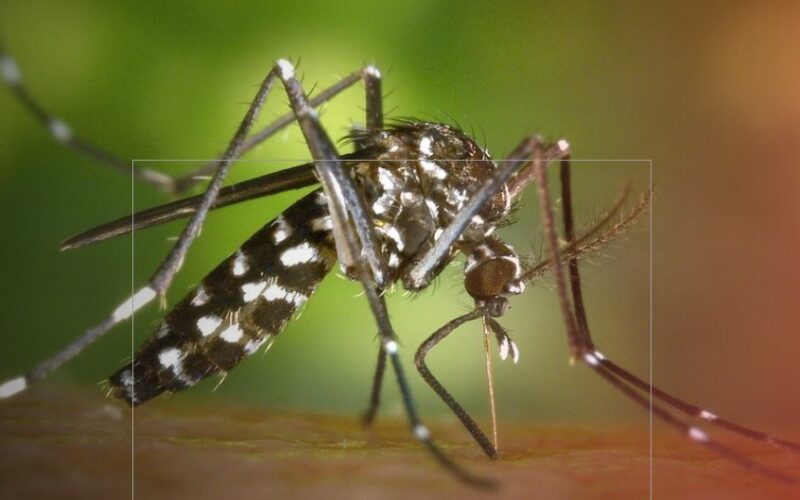Manisha Kulkarni, a researcher studying malaria in sub-Saharan Africa at the University of Ottawa, highlights that the region she studied, bordering Tanzania and Kenya, accounted for 6 percent of global malaria deaths in 2021, with children under 5 years old being the most vulnerable.
Challenges in Predicting and Addressing the Spread
While scientists acknowledge the influence of warming temperatures on mosquito behavior, predicting the exact impact on malaria spread remains challenging. An example from Kenya illustrates that changes in mosquito populations were likely attributed to other factors, such as the distribution of insecticide-treated nets, rather than climate change alone.
Mosquito species exhibit varying preferences in temperature, humidity, and rainfall, making it difficult to make sweeping predictions. However, in general, warmer conditions tend to accelerate the growth of mosquito larvae.
The Role of Climate Extremes and Future Projections
Apart from temperature changes, climate extremes also play a role in mosquito proliferation. Longer rainy seasons create better mosquito breeding habitats, while droughts lead people to store water in containers, inadvertently creating ideal breeding sites. An outbreak of chikungunya in coastal Kenya between 2004 and 2005 was linked to a drought that facilitated mosquito breeding.
Research in Ethiopia has shown that malaria cases in highland areas declined when temperatures fell due to a temporary global warming stall. However, temperatures began to rise again in the mid-2000s, and public health officials faced the challenge of controlling malaria in the highlands while drafting a plan to eliminate the disease by 2030. Population shifts, funding shortages, the invasion of new mosquito species, and ongoing climate change were identified as potential threats to achieving this goal.
Closing on the Mosquito Migration
The evidence is clear—climate change is reshaping mosquito habitats and facilitating the spread of malaria to new regions. As mosquitoes continue their upward migration, previously untouched populations face increased risks. While strides have been made in malaria prevention, sustained efforts and global collaboration are crucial to combat this growing threat.








